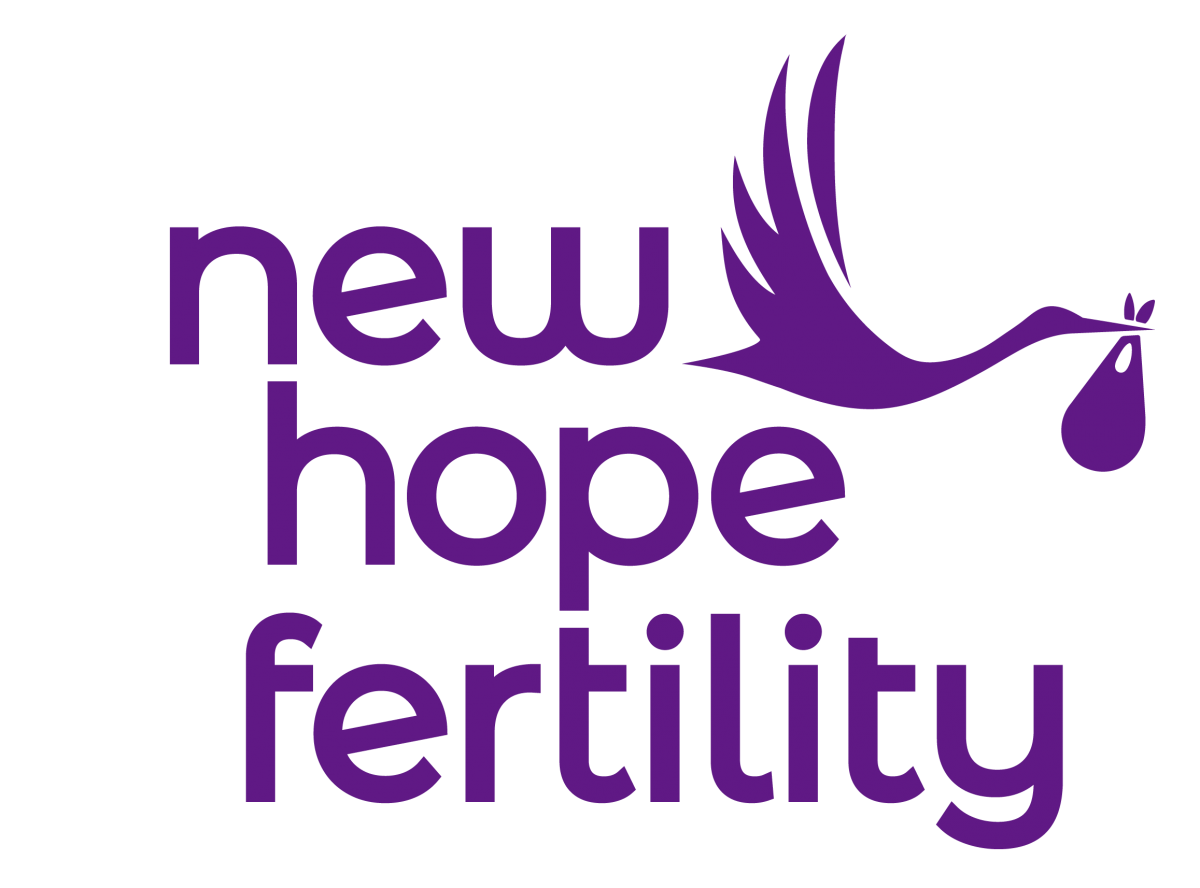There is a lot of information circulating about how COVID-19 can affect your health. But what about your menstrual cycle or upcoming IVF treatment? A lot of people are wondering if the virus can cause changes in their period or affect the success of their treatment long term.
What studies have shown
Menstrual Cycle – A recent study has shown that COVID-19 can cause slight changes in your menstrual cycles. This is because COVID-19 may impact the body’s immune system and endocrine system. The endocrine system controls many important functions, including hormone production. This means that COVID-19 could disrupt the balance of hormones in your body, which could lead to changes such as missed periods or irregular bleeding. The good news is that these changes are usually mild and temporary. Most women will return to their normal cycles within a few months after being infected with COVID-19.
IVF Cycle – A new study published on Jan. 25 reports that vaccination against COVID-19 does not affect outcomes in people undergoing in vitro fertilization (IVF). Researchers looked at the rate of conception for vaccinated and unvaccinated people to see whether the COVID-19 vaccine hindered success, both in people who have eggs collected and fertilized in a lab as well as those who underwent frozen-thawed embryo transfer.
The COVID-19 vaccine
Some women who received the vaccine experienced changes in their periods. However, these changes were also mild and temporary. There was only about a one-day difference in their cycle lengths. Some good news is that change in the menses length was not associated with vaccination!
Menses is the bleeding that happens when the lining of the uterus sheds. The average menstrual cycle is about 28 days long, with menses lasting about 5 days. There could be a lot of variation from woman to woman. Some women have shorter cycles and some have longer ones. Some women experience very light periods, while others have very heavy ones. And of course, everyone’s experience with menstruation is different. If you’re wondering how long your menses usually last or whether your length is normal, check with your physician. In general, a healthy menses lasts anywhere from 3 to 7 days.
What can you do?
If you are concerned about how COVID-19 may be affecting your menstrual cycle or have experienced an extreme difference in regularity, talk to your doctor. They can provide reassurance and guidance on how to protect your reproductive health during this time.
While there is some evidence that COVID-19 can affect menstrual cycles, the changes are usually mild and temporary. Most women will return to their normal cycles within a few months after being infected with COVID-19 or receiving the COVID-19 vaccine. If you are concerned about how the vaccine can affect your period, ask your doctor for advice.
Why New Hope?
New Hope Fertility Center is home to world-renowned fertility specialists. We custom design fertility treatments for the individual to increase the chances of a successful pregnancy. Our specialists believe in putting the patient first and being with them through every step of the fertility journey. Our team is well versed in helping women of all ages reach their fertility goals and we are passionate about educating, and supporting our patients throughout their journey. If you want compassionate fertility care, New Hope is the right place for you. Call us at (212) 517-7676 or schedule your initial consultation today!

